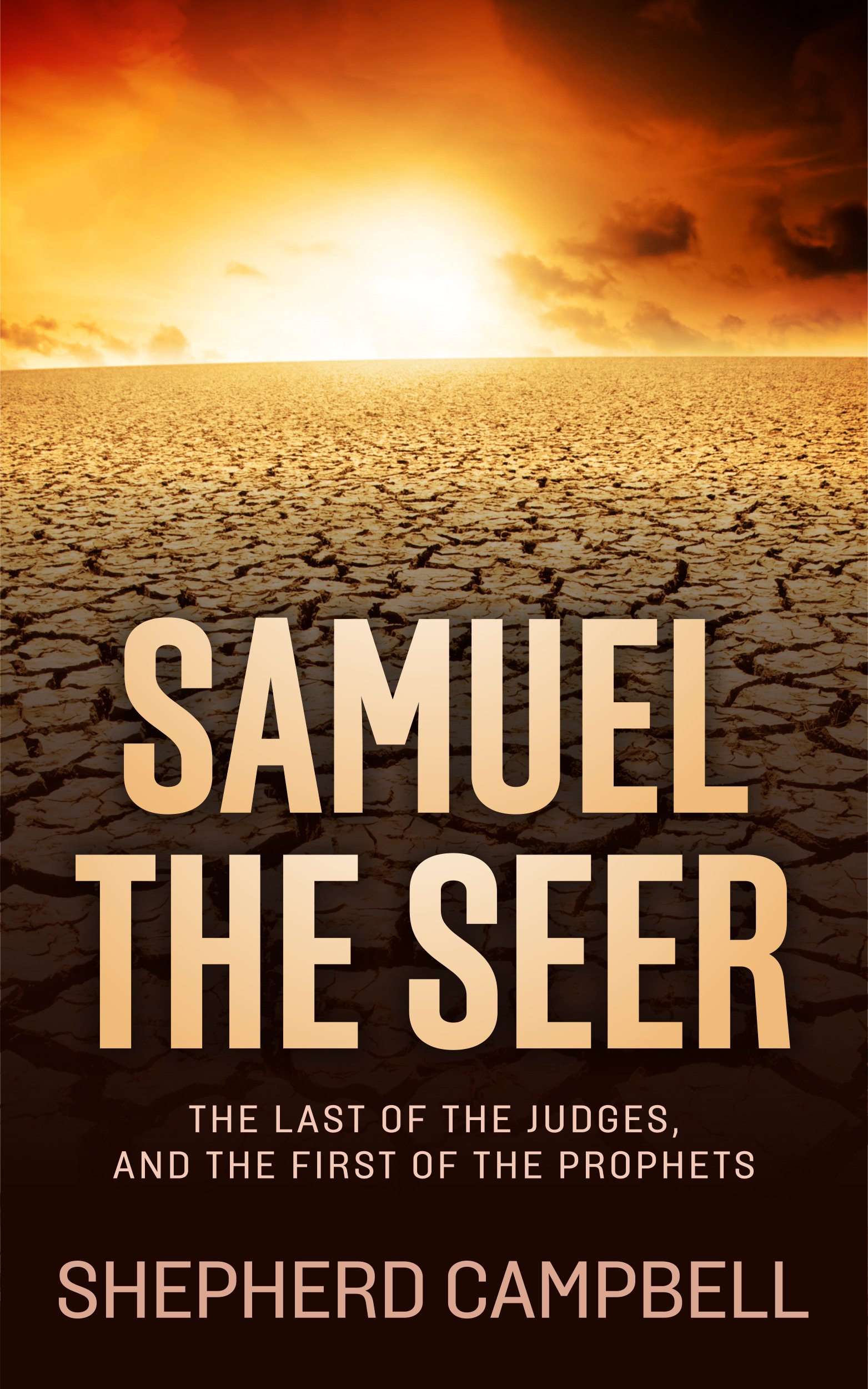The Garden of Eden as recast Mesopotamian Myth
by Walter R. Mattfeld
(Millbury, MA)
Some Liberal PhD scholars trained in biblical studies and ancient Mesopotamian myths understand that the Garden of Eden story is a Hebrew recast of Mesopotamian myths which explained how man came to be created and where, and how he acquired godly-forbidden knowledge but was denied immortality.
All this was figured out over 100 years ago and published (in 1887 by Professor A.H. Sayce of Oxford University). Man was created to care for the gods' city-gardens surrounded by a plain called edin in the Sumerian language. The gods had built cities to live in _before_ man's creation. The gods had bodies of flesh and could die if they did not eat food grown in their city-gardens watered by irrigation canals from the Euphrates and Tigris.
They tired of this work, it was back-breaking! So they created man to bear the back-breaking work in their gardens of edin! Man is portrayed in Sumerian art forms as working in their gardens in a state of nakedness like Adam.
The gods didn't want man at first to possess their knowledge, the Sumerian _me_ (pronounced may)the secret workings of Heaven and Earth including laws about good and evil, right and wrong. At Eridu in Sumer, next door to Ur of the Chaldees where Abraham lived and Ea was worshiped, a man (Adapa) is warned by his god Ea "not to eat of food of death or he will die," prefiguring Yahweh's warning to Adam. Both men, Adapa and Adam, are blamed for losing out on obtaining immortality for themselves and for mankind.
The warning "don't eat" was given in (1) Eridu and recast by the Hebrews (Abraham?)as being given in the Garden of Eden. Thus Eridu is a pre-biblical prototype of Eden's garden. But Eridu is not exclusively the one location behind Eden's garden, there are other locations in the myths: (2) Nippur, where "Man" (the Igigi gods being called euphemistically "man") are expelled for an act of rebellion against Enlil the god of Nippur, recast at Adam rebelling and being expelled from Eden's garden; The Igigi at Eridu rebel against Enki/Ea and are expelled from that city-garden too and man is created to replace them as garden-laborers.
The Hebrews are refuting the Mesopotamian explanation of why man was created. He was made to be an agricultural slave, to toil in the gods' place in their gardens of edin, he will perform the back-breaking toil the gods object to. He will feed the gods this garden produce (dates and figs from the fruit-trees), for the gods will die if not fed. Man's labor in the gardens of edin frees the gods of agricultural toil for ever. For more info cf. www.bibleorigins.net

